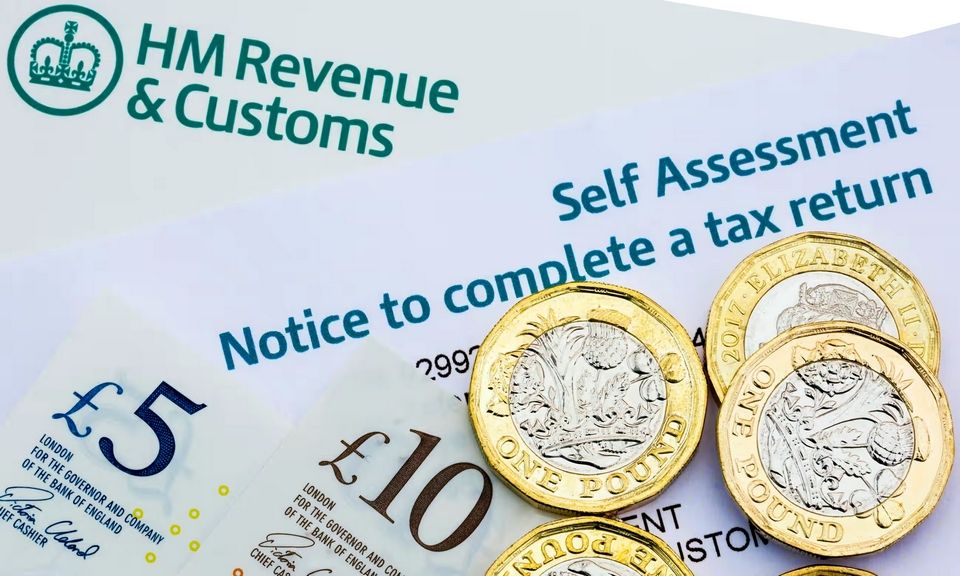
Thailand-based British pensioners could have their British bank accounts inspected by the government under new powers being considered to thwart benefit irregularities. The plans, part of the data protection and digital information bill now being discussed by the House of Lords, could involve UK-based banks handing over customer data to the Department for Work and Pensions if it signals that a claimant may not meet the eligibility for a particular benefit.
The DWP claims that eight billion pounds annually are lost to benefit fraud of all types including means-tested Universal Credit. But millions of people, at home and abroad, receiving the state pension risk being swept up in the move. Around 500,000 British pensioners live abroad with frozen state pensions, but the DWP believes that overpayment to this group, which includes British pensioners living in Thailand, amounts to 100 million pounds.
The government notes that annually uprated state pensions are paid only to pensioners living in the European Economic Area, Gibraltar, Switzerland and countries with a social security agreement with Britain. In reality, most British expat pensioners – for example living in the United States and Australia – are denied annual increments. The claim of benefit abuse arises because some expats have not notified the government of their overseas abode or because of mixups at the DWP or the Inland Revenue.
Pensioner pressure groups have reacted angrily to the news of possible intervention by the government in personal bank account details. In Thailand, the Campaign to End Frozen UK Pensions, stresses that the common-sense and honest solution is to pay all pensioners overseas the annual increases no matter where they happen to live. Activists in many countries have lobbied the UK government to end financial discrimination against the majority of elderly expats and have won some parliamentary support. But the government says it has no intention of ending the cash discrimination and will pay the annual increments only when required by law to do so.
Tax accountants based in Thailand told Pattaya Mail that the British government’s proposed policy was unclear in detail and still under parliamentary debate. However, they noted that most British expats now had their bank accounts in the Isle of Man or the Channel Isles which, technically, are not part of the UK. Therefore, the DWP would not be able to access those offshore accounts in any case. In recent years, UK banks have been closing the mainland accounts of Brits who were no longer resident in Britain whilst offering them the chance to open new accounts offshore.








